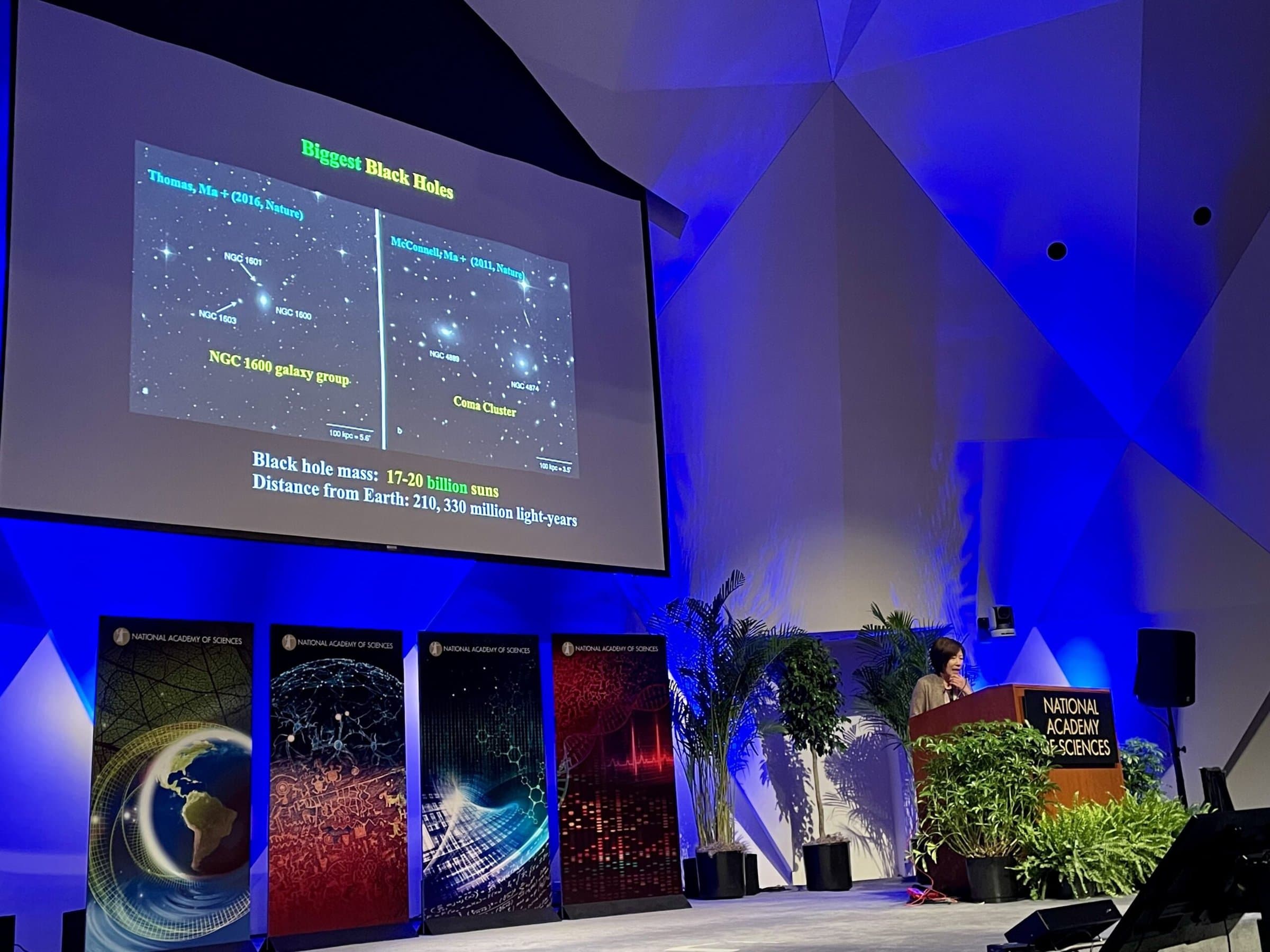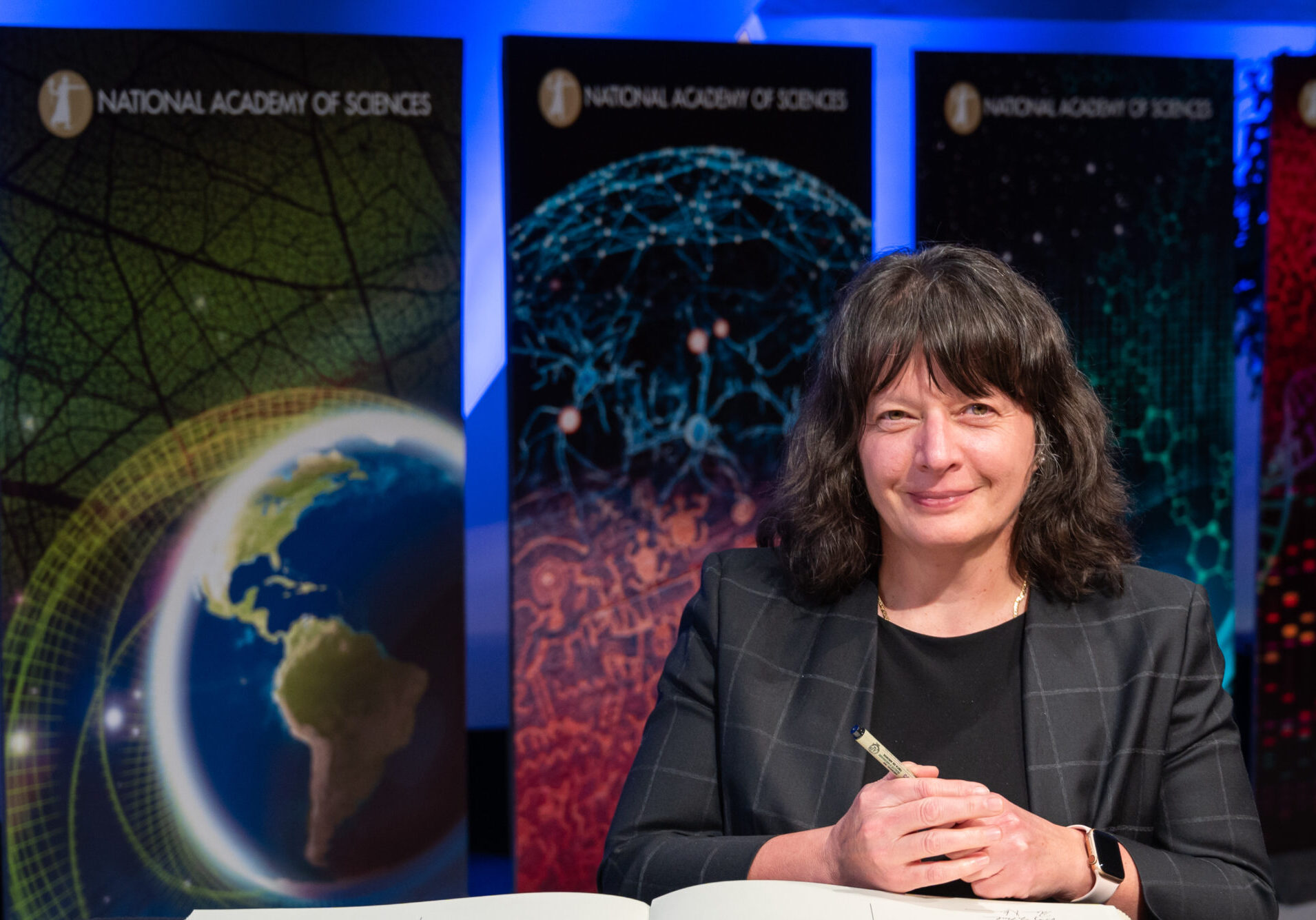Featured News
Featured
November 28, 2025
From Darkness to Discovery: Celebrating Black Hole Friday with Chung-Pei Ma
November 24, 2025
Join the NAS for GivingTuesday
Featured
November 14, 2025
World Diabetes Day: Advancing Research and Inspiring Prevention with NAS Member E. Dale Abel
Featured
October 17, 2025
NAS Member Spotlight: Kornelia Polyak on the Future of Breast Cancer Research
Featured
October 6, 2025
NAS Members Receive Nobel Prizes
Special Feature
October 3, 2025
25 Years of Nobel Laureates: Celebrating NAS Members Awarded the Nobel Prize Since 2000
News from the National Academies
News and features from the National Academies of Sciences, Engineering, and Medicine (NASEM).







